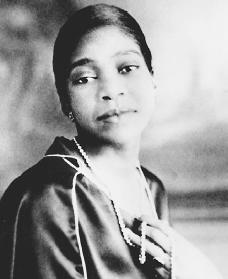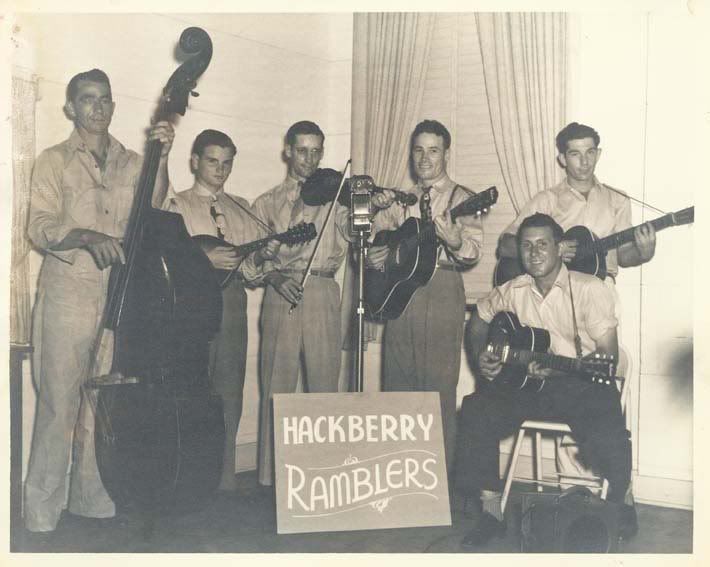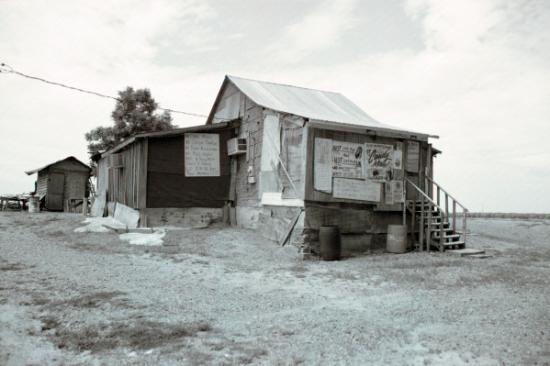
R.I.P. Charlie Louvin.
Born on July 7, 1927 in Henagar, Alabama, Charles Elzer Loudermilk was one half of one of the greatest brother acts of all time. Professionally known as Charlie Louvin, Charlie and his brother Ira (April 21, 1924–June 20, 1965) began performing in 1940 and continued to work together as performing and recording artists until they disbanded in 1963. Although recording several secular songs (such as "Cash On The Barrelhead"), the Louvins were best known for their gospel recordings, particularly their 1960 album Satan Is Real, with its iconic cover. "The Christian Life" from that album was famously covered by the Byrds (featuring a young Gram Parsons) on their Sweetheart of the Rodeo album.
Following Ira's tragic death in a car accident, Charlie carried on as a solo performer, recording fourteen albums under his own name between 1965 and 1982. In 2007, Charlie began releasing new albums on the Tompkins Square label. Although his voice had deteriorated, he remained one of the masters of the country-gospel genre. Among his finestlate-period albums is Sings Murder Ballads and Disaster Songs, an album released as a companion to Tompkins Square's People Take Warning: Murder Ballads and Disaster Songs, 1913-1938.
Below is a link to "I'll Never Go Back," a song cut during a 1952 radio session by the Louvin Brothers.
I once was bound by the chains of sin.
There was no light to shine within.
Down on my knees I knelt and prayed,
And He took my burdens all away.
I'll never go back to the ways of sin.
Where the Lord found me and took me in.
He came to me in a world so black.
To the ways of sin I'll never go back.
As I travel on this narrow way,
I'll help the lost to find their way.
I'll shine my light so the world can see
What a saving grace has done for me.
I'll never go back to the ways of sin.
Where the Lord found me and took me in.
He came to me in a world so black.
To the ways of sin I'll never go back.
At the set of sun I'll be going home,
To rest my soul around the throne.
I'll bid farewell in a little while,
And change my tears for a lasting smile.
I'll never go back to the ways of sin.
Where the Lord found me and took me in.
He came to me in a world so black.
To the ways of sin I'll never go back.
The Shameless Plug Department: You can still become a fan of "Where Dead Voices Gather" on Facebook, however, and follow us on Twitter. Where Dead Voices Gather: Using today's technology to promote yesterday's music!
Remember that I still host "Doin' The Thing," a weekly jazz program on KRML 1410 AM and 94.7 FM in Carmel, California. The show airs from 8 PM to 10PM (Pacific Time) on Sunday nights. You can also listen online by visiting the KRML website at 8 PM Pacific, 11 PM Eastern Time. Please tune in and give me feedback!
Here's a clip of Charlie performing "Will You Visit Me On Sundays" in 1970.
Download and listen to The Louvin Brothers - "I'll Never Go Back"







